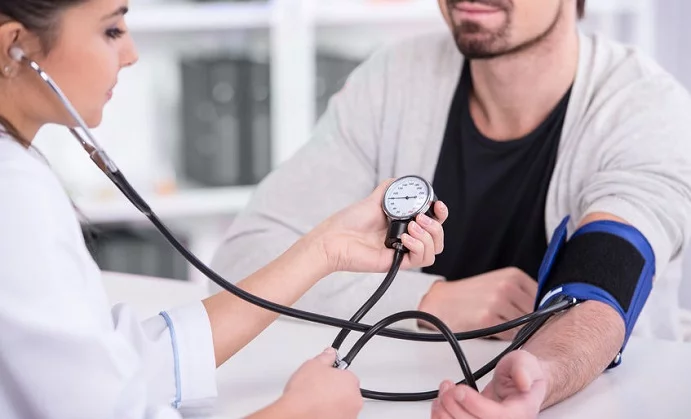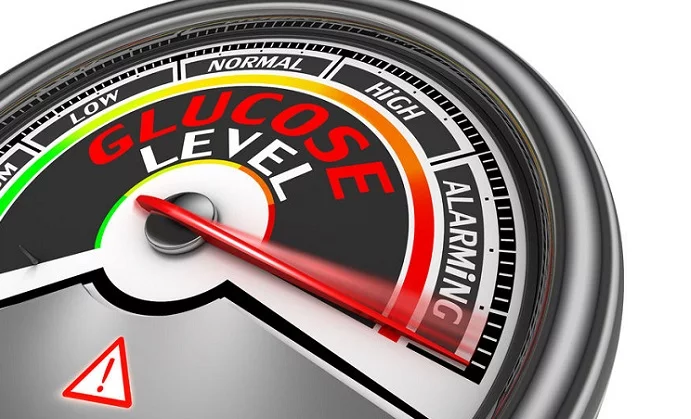Coenzyme Q10 is called CoQ10 for short and it is naturally made in order to help the mitochondria of your cells produce energy. It does this by making ATP, which helps cells grow and also maintains blood pressure and the upkeep of your bodily systems. CoQ10 also helps reverse the damage of oxidative stress which gives your cells a longer life. Even though your body makes this coenzyme, you can also take it as a supplement if you need, or eat certain foods to boost your CoQ10 levels.
Who Needs CoQ10?
Because CoQ10 helps stabilize blood pressure, CoQ10 is most commonly prescribed to people who are taking statins, a kind of medication to treat high cholesterol. Statins decrease CoQ10 levels while also cause an unfortunate side-effect of muscle stiffness. CoQ10 supplements can help by easing muscle cramps and normalizing CoQ10 levels. An unfortunate side-effect of statins is the reduction of CoQ10 levels. Patients with blood diseases or brain disorders are also reported to have low CoQ10 levels.
You should consider taking CoQ10 supplements if you are suffering from chronic fatigue syndrome, fibromyalgia, Alzheimer’s, Parkinson’s, high blood pressure, diabetes, muscular dystrophy, or mitochondrial disease. Studies have also found that certain types of cancer decrease CoQ10 levels.
Who Does CoQ10 Help?
There are many diseases that require regulation of blood pressure or relief from oxidative stress. CoQ10 supplements are said to help alleviate symptoms and side-effects of diseases such as:
- high blood pressure
- high cholesterol
- Alzheimer’s
- diabetes
- Parkinson’s
- infertility
- certain cancers
Because this coenzyme helps with cellular rejuvenation, there have been studies that prove how CoQ10 helps patients with their exercise-performance. From recovering more quickly to improving muscle strength, people who regularly exercise may benefit from this coenzyme.
Buying CoQ10 Supplements
Supplements are based on two sources: Vitamin K and ubiquinol. Ubiquinol is the oxidized form of CoQ10 and is the preferred version to purchase. Depending on your age, weight, and medications you are taking, your dosage for CoQ10 vary from 60 mg to 300 mg daily. Consult your doctor before you start taking this supplement. It is more effective when taking in two different doses in the morning and evening.
If you are suffering from any of the diseases listed above or suspect you have a low amount of CoQ10, you can get your CoQ10 levels tested. You can ask your doctor to do a blood test, where he or she will check your Coenzyme Q10 profile as well as your mitochondrial profile. Lab testing isn’t needed, however, as there are no harmful side effects when taking a small amount of CoQ10, especially if you already are taking statins.
CoQ10 is naturally produced in your body and can also be found in specific foods. Some foods that are rich in CoQ10 are fatty fish, organ meats, and legumes. However, if you are taking statins or have a higher risk of oxidative stress, a supplement is needed to maintain healthy cell function in your body. CoQ10 is more easily digested with the aid of foods with healthy fats and should be taken with a meal.
Do you want to find an effective CoQ10 treatment? Check out our top rated CoQ10 products











